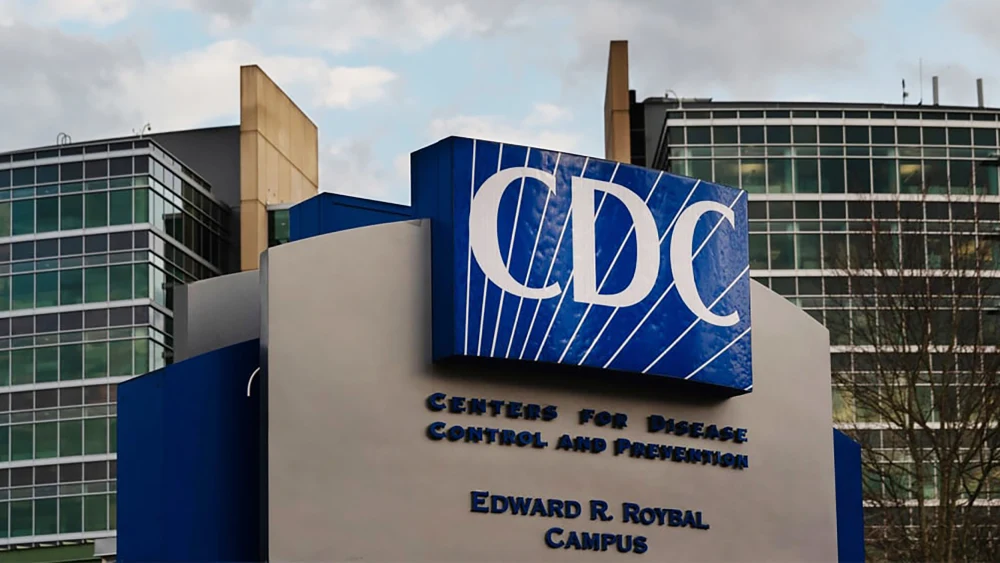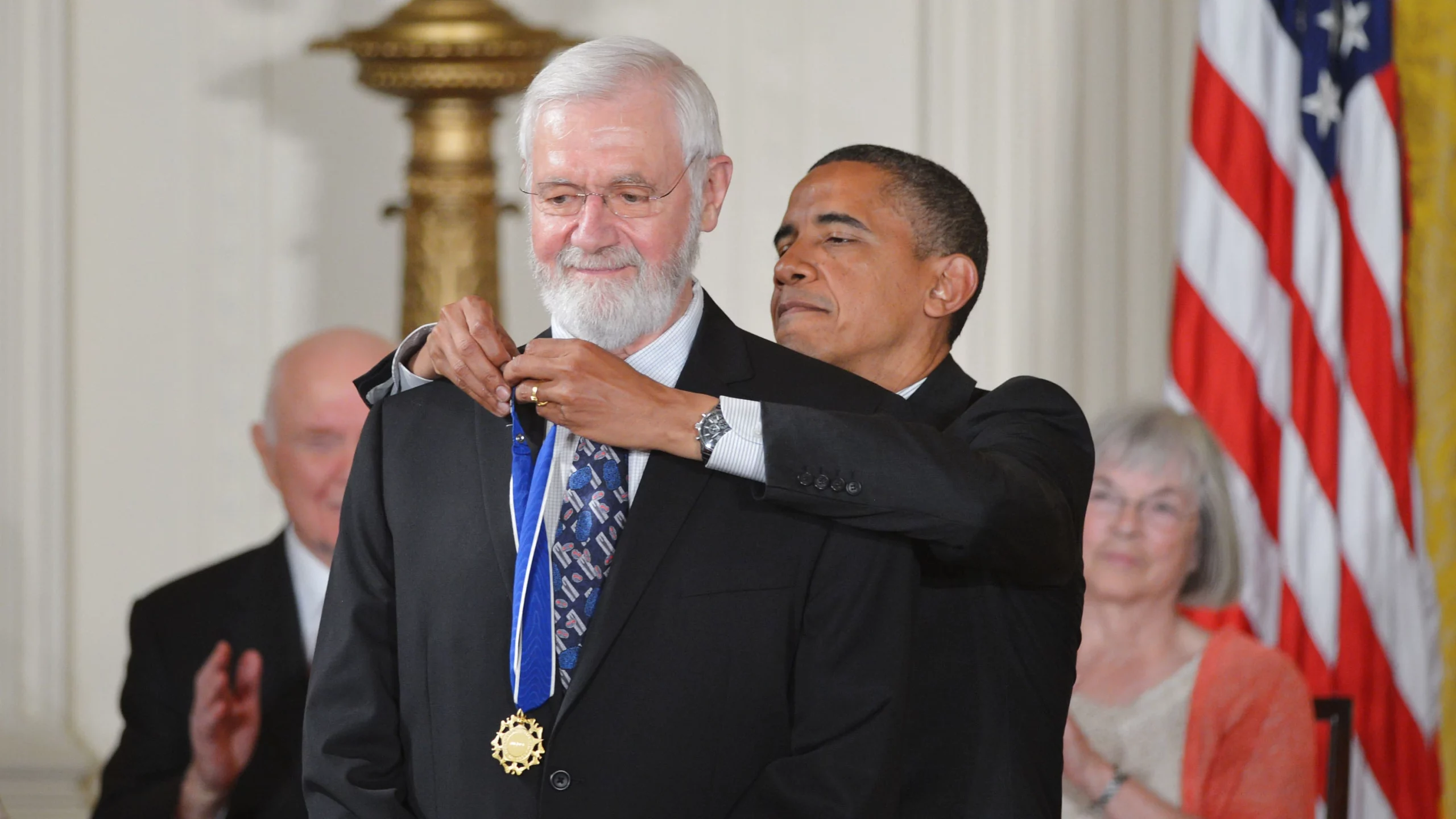Federal officials on Thursday granted final approval to a southwestern Nevada lithium mining project, which they say could supply enough of the resource to power nearly 370,000 electric vehicles (EVs).
The Rhyolite Ridge Lithium-Boron mining project, located in the state’s Silver Peak Range, aims to bolster critical mineral development in the United States and create job opportunities for local community and tribal members.
“We have moved quickly to build a robust and sustainable clean energy economy that will create jobs to support families, boost local economies, and help address environmental injustice,” Laura Daniel-Davis, acting deputy secretary of the Interior Department, said in a statement.
“The Rhyolite Ridge lithium mine project is essential to advancing the clean energy transition and powering the economy of the future,” Daniel-Davis added.
Yet despite federal reassurances that the project will protect surrounding ecosystems, opponents warn that it poses severe threats to the area’s biodiversity, other natural resources and cultural landscapes.
Scientists in June sent a letter to Bureau of Land Management (BLM) officials contending that the mine would “cause significant impacts up to and including the potential extinction of Tiehm’s buckwheat,” a rare species endemic to the region.
Conservation activists, meanwhile, fear that the project could harm water resources and sacred sites of the Western Shoshone people.
“By greenlighting this mine the Bureau of Land Management is abandoning its duty to protect endangered species,” Patrick Donnelly, Great Basin director for the Center for Biological Diversity, said in a statement. “We need lithium for the energy transition, but it can’t come with a price tag of extinction.”
The Rhyolite Ridge mine will encompass about 7,166 acres of land, of which 6,369 acres will be operational and 797 acres will house an access road and infrastructure corridor, according to BLM plans.
The company Ioneer will be responsible for constructing, operating, reclaiming and closing the lithium-boron quarrying project, which will result in a total of 2,266 acres of new surface disturbance, per the plans.
The project, which is expected to occur over 23 years, will also involve fencing in about 719 acres of designated critical habitat for Tiehm’s buckwheat, the document states.
The BLM said that the mine as proposed will employ up to 500 workers during the construction phase and about 350 people during operations.
Ioneer has estimated earnings of about $125 million in wages annually for the lifespan of the project and has committed to investing in the community through future job training programs and scholarships, according to the BLM.
In addition to extracting lithium, the mine will also produce substantial quantities of boron, a material used extensively in glass, ceramics, abrasives, semiconductors, insecticides, insulation and defense applications, the agency added.
Nonetheless, environmental activists maintained that the mine would threaten the survival of Tiehm’s buckwheat, a rare Nevada wildflower that they described as “a linchpin of the local ecosystem.”
They also expressed alarm about the dangers the mine could pose to area water resources, which sustain desert bighorn sheep and mule deer — animals that Western Shoshone people have hunted throughout history.
Also of concern was the potential threat to the nearby Cave Spring, an important cultural site with rock art.
“By fast-tracking lithium projects, ignoring water scarcity, environmental impacts and the opposition of local communities and Indigenous peoples, we see how future projects will be implemented,” Fermina Stevens, executive director of the Western Shoshone Defense Project, said in a statement.
“For over 150 years the Western Shoshone people have been fighting for land and treaty rights and throwing pennies at us does not relieve the United States of their debt to the Western Shoshone people,” Stevens said. “All of Nevada belongs to Indigenous people.”
But federal officials stressed that the project would surface critical minerals that are the “essential building blocks of the modern economy” while limiting impacts to local ecosystems and communities.
Throughout the environmental evaluation process, BLM planners consulted with numerous tribal nations across the region and with state officials, according to the agency.
“Our goal at the Bureau of Land Management is to safeguard the health of public lands as we help deliver critical minerals to our nation,” BLM Director Tracy Stone-Manning said in a statement.
“This project will help us do just that, supplying lithium that will power our clean energy future,” Stone-Manning added.




